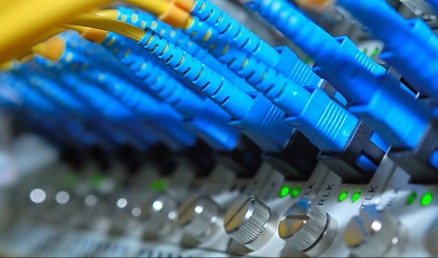Microsoft has a plan for providing inexpensive broadband access to underserved areas of the U.S., and its president/chief legal officer Brad Smith just declared the company’s support for that plan. The company has long advocated the use of so-called TV white-space technology — unused TV spectrum — to bring broadband especially to rural areas. As part of the plan, Microsoft would also urge the Trump administration and Congress to make sure that unlicensed white-space spectrum is available in every market in the U.S.
The Wall Street Journal reports that the FCC “estimates more than 23 million people in rural areas lack ‘fast’ Internet access, defined as having minimum download speed of 25 megabits a second,” whereas people in urban areas “commonly have service speeds that top 100 MB a second.”
Microsoft intends to “form partnerships with rural telecommunications companies to invest in at least 12 projects in 12 states over the next year, hoping to bring broadband connectivity to two million people in rural America by July 4, 2022.” Microsoft has already given $250,000 to Mid-Atlantic Broadband Communities Corporation to bring white-space service to 1,000 customers by the end of 2017.
Smith has been quoted saying that the investment is a “civic investment,” although he admits that it will also bring in new customers. Although Microsoft declines to say how much it will spend, the company “estimates it would cost $10 billion to $15 billion to connect rural America with broadband access using TV white spaces, compared with $15 billion to $25 billion using fixed wireless technology, and $45 billion to $65 billion running fiber-optic cable to homes.”
The National Association of Broadcasters is “concerned that the spectrum Microsoft partners will use for white-space services could interfere with broadcast TV spectrum, and associate general counsel Patrick McFadden wrote the FCC that “there remain few tangible consumer benefits associated with white spaces deployments across the U.S.”
With its long-standing interest in white-space services, Microsoft has already financially backed such projects in developing nations, bringing Internet access to 185,000 people in 20 projects globally, including Kenya, Colombia and the Philippines.


No Comments Yet
You can be the first to comment!
Sorry, comments for this entry are closed at this time.